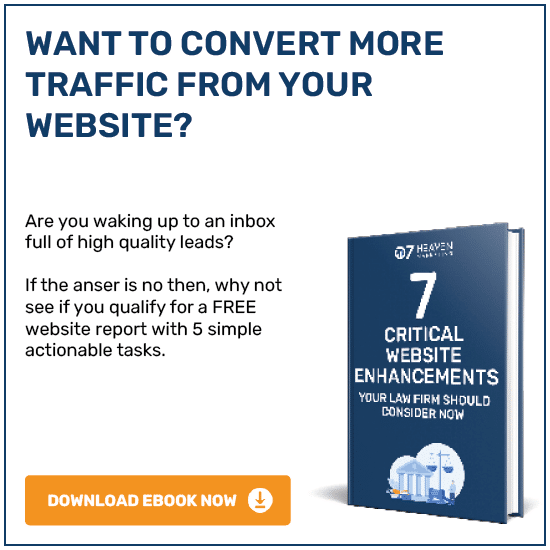You may have heard of ‘SEO’ but do you know what it is? SEO stands for Search Engine Optimisation, essentially this refers to methods that allow your website to appear on search results pages without paying to appear there (this is called organic results). It is essential you participate in optimising your website for search otherwise you will struggle to gain any traffic, therefore struggle to get customers- not good! In this blog, we highlight some of SEO’s bestfriends that you should know about!
Target audience
If you know who you are appealing to, you can adopt every technique that is known to successfully turn them from visitor to customer. This can be done through design, tone of voice, keywords, content, offers, discounts etc. Everything will indicate who you are trying to appeal to. If you are providing mixed messages, it can be hard for search engine bots (the things that crawl the internet to find websites that are appropriate to answer the searcher’s query) to determine whether you are the ideal choice to present to the searcher. Be clear in who you are, what you do and who is best suited for your product/service.
Competition
We can guarantee you are not the only business to sell XYZ, you will most definitely have competition to compete with to gain customers. You will have companies to watch locally and within the industry, therefore make it a part of your schedule to complete regular competition analysis and maintenance. This incorporates highlighting how they are conducting their marketing, including their SEO practices. This could also provide suggestions on how to improve your own marketing techniques.
You will also need to conduct keyword competition analysis to see which keywords you should and should not be using on your website. There is a range of tools that you could use such as Google Analytics, SEMrush and HubSpot. You will want to choose words that have low competition but high search volumes, then include them naturally into your content (stress on ‘naturally’, search engines will know if they are not related to the topic).
Keywords
Now you know the competition of keywords, it is time to include them in your content. However, here are some ground rules. Do not overuse keywords, we advise not to go over 5 uses of the same keyword on one page as you could be deemed as spam. Do not use words/phrases which are unrelated to the topic of your page, again you can be deemed as spam.
Company blog
You know who your audience is, who your competitors are and useful keywords- it is time to combine everything you have learned and channel this into blogs. Blog writing has been seen to be one of the most effective ways of getting your website to appear high on search results, therefore ensure you are utilising this free method! You will also benefit by appearing as a thought leader, converting customers and have content for your social media presence.
Internal and external links
On your pages (including your blogs) make sure to include internal and external links. Search engines like to see that you are naturally guiding customers to another part of your page, as well as guiding them to other useful sources. Again, you cannot trick the system into thinking the links are always effective. They need to be appropriate to your business and naturally flow into your content.
Quick page load time
If you have a slow page load time users will quickly abandon site. This is not a good impression for search engines as they will think your website is not useful and does not deserve to be shown to searchers. You will need to ensure your website can load within seconds in order to not be penalised and potentially receive less traffic to your site.
For further insights and guidance, we invite you to explore our blog at 07hm.co.uk/blog. Here, you’ll find a wealth of information tailored to the needs and challenges of SMEs navigating the digital landscape. Additionally, if you have specific questions or need personalised advice, don’t hesitate to reach out to us via email at info@07hm.co.uk or telephone on 01702 410663.






